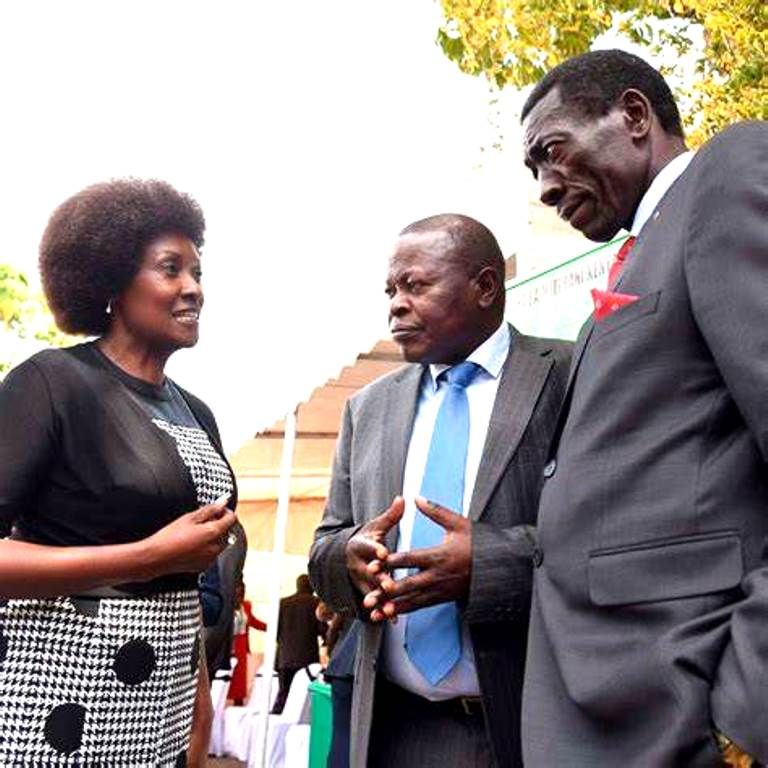TSC vs. KNUT Debate on Minimum Teacher Recruitment Standards: Who’s Right?
Kenya’s Vision 2030 aims to transform the nation into “a globally competitive and prosperous country with a high quality of life by 2030.” A key objective is to evolve into a “newly-industrializing, middle-income nation that ensures a high quality of life for all citizens within a clean and secure environment.” Education, a vital component of the social pillar of Vision 2030, is essential for achieving these goals. Consequently, teachers represent a crucial human resource in this endeavor. A steady influx of well-qualified teachers is vital for creating a relevant, effective, and dynamic education system that equips citizens with the necessary skills for various socio-economic and political sectors, thereby advancing the nation toward its developmental objectives.
The Teacher Qualification Debate
Currently, there is a debate between the Kenya National Union of Teachers (KNUT) and the Teachers’ Service Commission (TSC) regarding the criteria for teacher recruitment: should it be based on the highest academic qualifications or the Kenya Certificate of Secondary Education (KCSE) results?
KNUT advocates for hiring teachers based on their highest academic qualifications, regardless of their KCSE scores, even if they received a D grade but hold a master’s degree. They argue that this approach would facilitate the hiring of more teachers and help address the existing teacher shortage.
In contrast, the TSC mandates that candidates must achieve at least a C plain in KCSE to qualify for a Diploma teaching position.
What are the implications of these differing viewpoints? Should quantity take precedence over quality? What should be the minimum requirements for hiring teachers without compromising the quality of the education system and, consequently, student outcomes?
The Unique Nature of Teaching in Kenya
In Kenya, teaching is one of the few essential professions that faces scrutiny for its outcomes (learning results), while there is less focus on the quality of its inputs.
There have been instances where teachers and principals have been removed from their positions due to “poor” academic performance.
In contrast, we rarely hear of doctors or engineers being dismissed from hospitals or offices for poor outcomes, such as patient deaths or structural failures.
While there are indeed tragic incidents in these fields, the training of professionals in medicine and engineering is not intentionally compromised.
We have yet to see the Kenya Medical Practitioners and Dentists Council (KMPC) or the Engineers Board of Kenya advocate for disregarding entry-level grades for hiring candidates with the highest qualifications.
If Kenya regards education as a critical profession, akin to medicine or engineering, shouldn’t there be a minimum standard established from the high school level?
TSC vs. KNUT
In Finland, recognized as having one of the best education systems globally, teachers are required to possess at least a bachelor’s degree.
While Kenya may not have reached that standard yet, the TSC seems to be moving towards establishing higher entry requirements for the teaching profession.
KNUT, as a representative body for teachers, should advocate for systems that ensure a steady influx of qualified teachers into the education system, starting from Form Four.
The TSC has set the minimum requirement at a C for Diploma teachers. KNUT, in collaboration with the Ministry of Education (MoE) and universities, could propose the development of teacher pipeline programs that ensure the admission of candidates meeting this threshold.
Promoting Teaching as a Career
Additionally, the MoE can promote teaching as a career at the high school level through initiatives like internships, mentoring, and scholarship opportunities for high-achieving students interested in pursuing teaching.
This strategy would ensure that potential candidates possess the necessary qualifications from the outset.
By prioritizing quality over quantity from the foundational level, we can shift perceptions of the teaching profession in Kenya, granting it the dignity and professionalism it deserves.
Moreover, there should be an emphasis on ensuring that once teachers are hired, they receive ongoing, high-quality professional development, including mentorship, modern pedagogical techniques, 21st-century skills, and leadership training to cultivate a generation of teacher leaders who are curriculum experts capable of mentoring others.
Some of these initiatives are already being implemented by the TSC. It is crucial for KNUT to collaborate with the TSC to establish mechanisms that regularly assess teachers’ readiness to teach in an ever-evolving national, regional, continental, and global context.
While it is possible to hire teachers with master’s degrees, they may lack the capacity to effectively deliver their content and pedagogical expertise.
If we aim to advance our nation, we must adopt sustainable strategies that align with our long-term vision.
Investing in the quality of human resources within our education system, throughout the preparation and capacity-building continuum, will enhance our competitiveness, improve learner outcomes, and ultimately help us achieve our national development goals.

